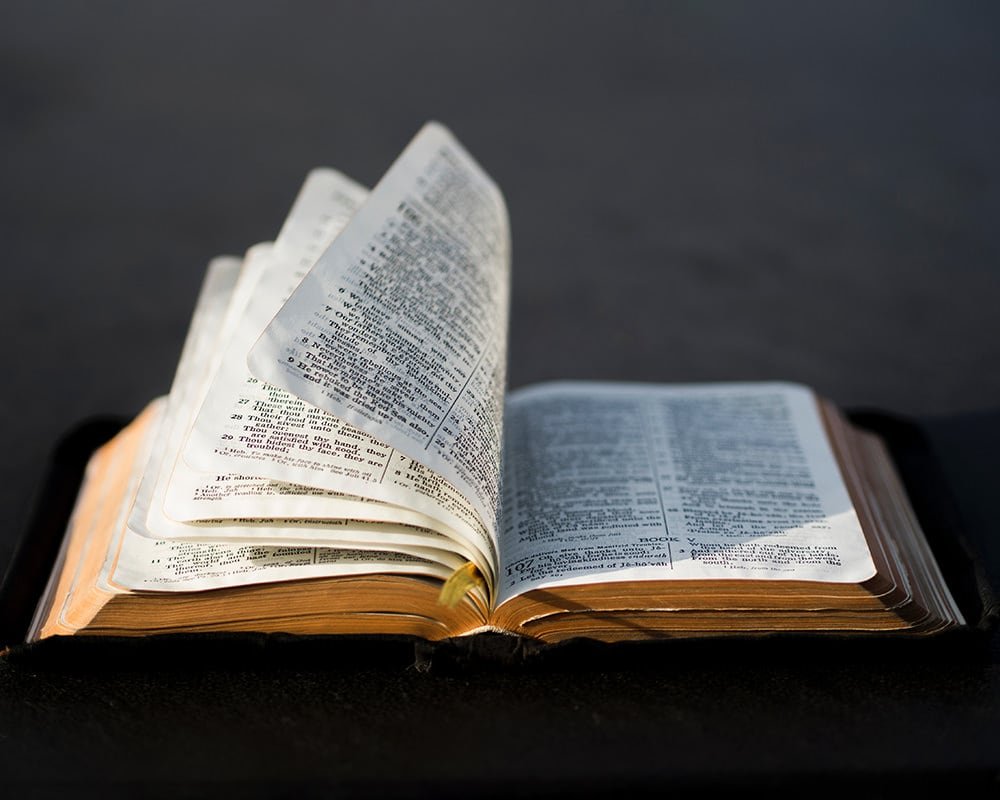l’alpha et l’oméga
The French idiom “l’alpha et l’oméga” translates literally as “the alpha and the omega.” What it really means is the start and end of something, or something in its totality, or just the totality.
Its origin is the Bible. In the book of Isaiah, God says “I am the first and the last.” This means God was there at the start of everything and will still be there at the end of everything.
Jesus too, in the New Testament, describes himself as “the Alpha and the Omega.” Alpha is the first letter of the Greek alphabet and Omega is the last one. This comes from the habit of Jewish scholars of referring to the first and last letters of the Hebrew alphabet when they wanted to talk about something in its totality.
This is a very old expression that was used in its original forms over 2000 years ago.
Its English equivalent is “the Alpha and the Omega,” just like the French version. Another similar English expression is “the be-all and the end-all.”






